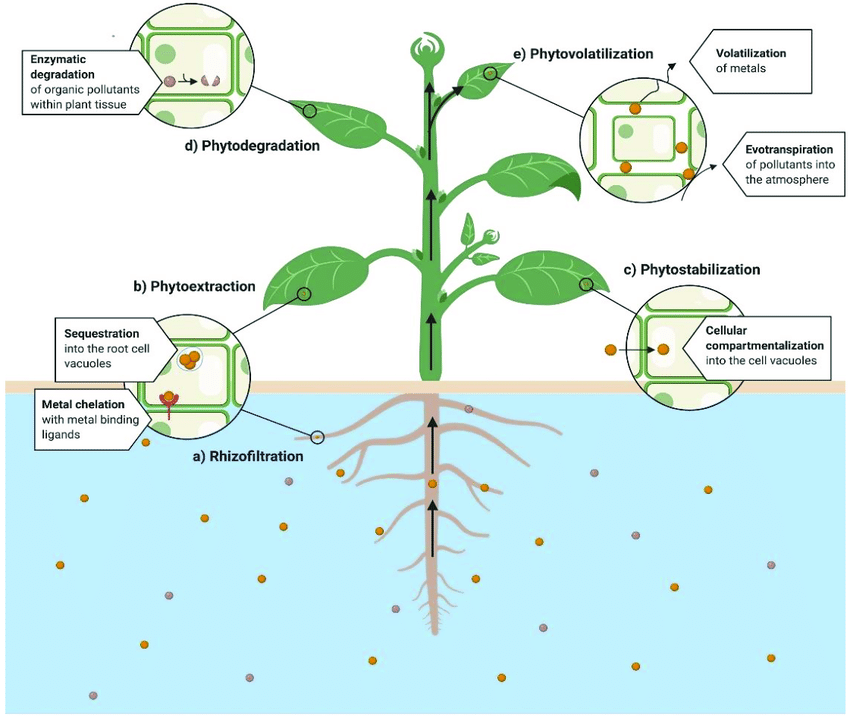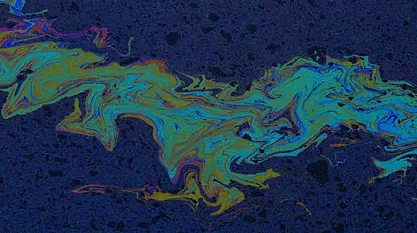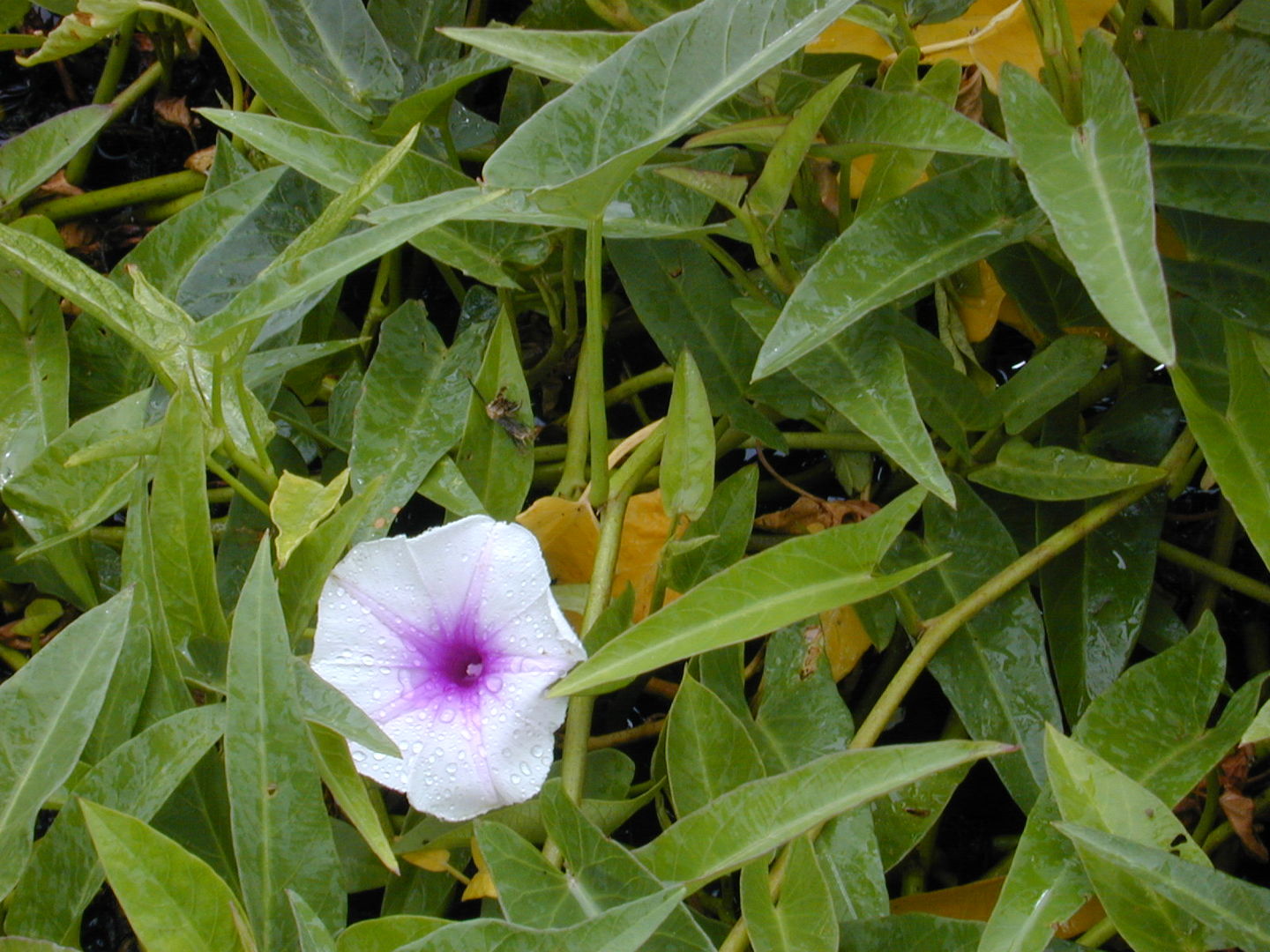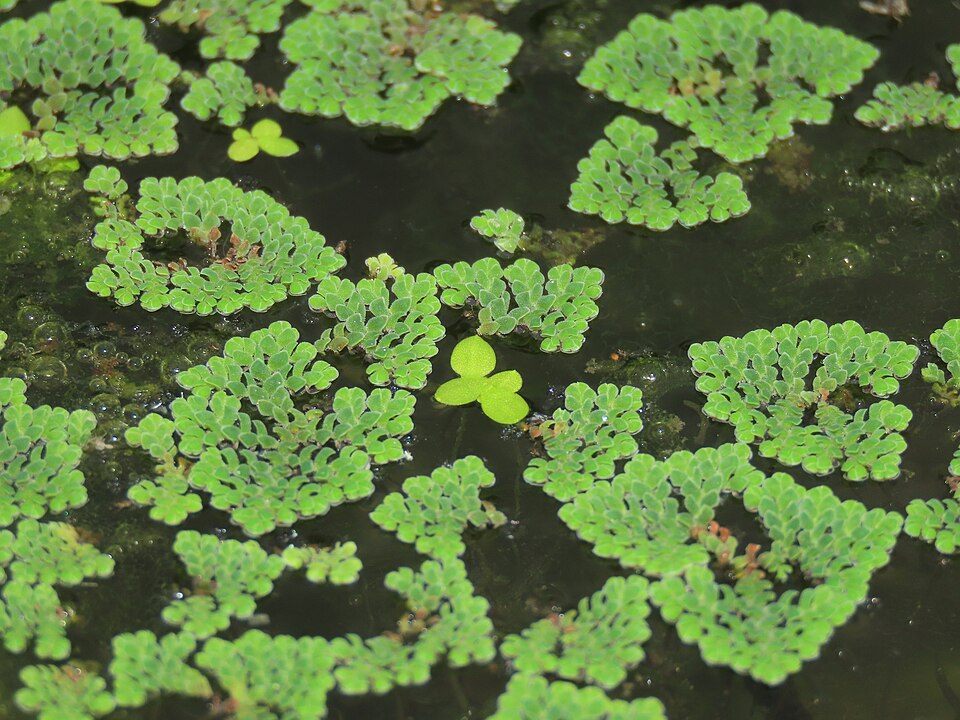
Aquatic Plants' Role in Bioremediation
Image source: Delgado-González, C., Madariaga-Navarrete, A., Fernández-Cortés, J.M., Pelcastre, M., Oza, G., Iqbal, H., Sharma, A. (2021). Advances and Applications of Water Phytoremediation: A Potential Biotechnological Approach for the Treatment of Heavy Metals from Contaminated Water. Int. J. Environ. Res. Public Health 2021,18, 5215. 10.3390/ijerph18105215.
Pass NetZero's Role in Bioremediation
We work with academic and research institutions like the Namibia University of Science and Technology (NUST) to fund research focused on determining aquatic plant and macroalgae candidates best suited for bioremediation initiatives. Our work also includes the development of an Atlas, which documents and categorizes species of interest, as well as lab and field testing. With our funding, researchers are working to determine the rates of pollutant uptake and effects on water quality for selected aquatic plant and macroalgae species. This knowledge allows us to confidently select species for our larger bioremediation projects.
Atlas Creation
Knowledge Exchange
Water Quality Improvement
Scalable Implementation




